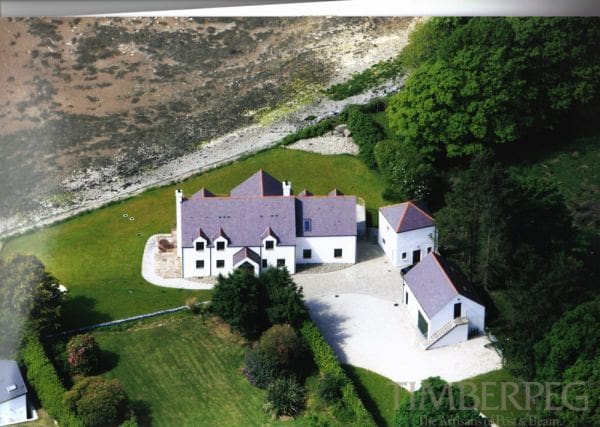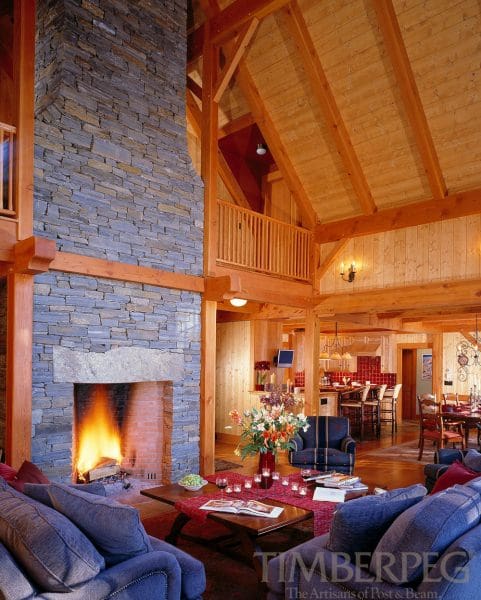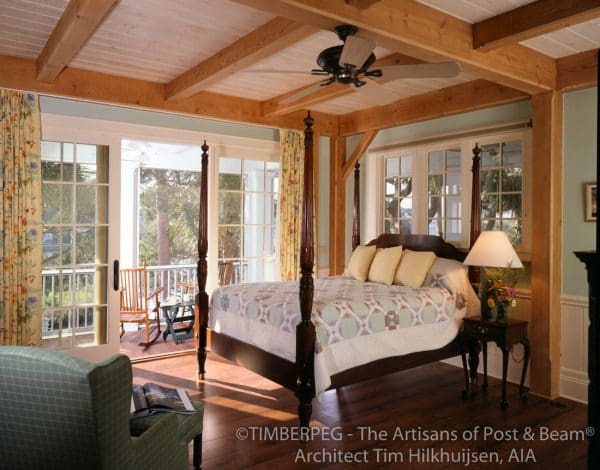When we think about personal comfort within the home, temperature is the quantity that first comes to mind. While the temperature is indeed very important to how we feel in the home, the humidity level is also very important. High humidity in the summer can make life miserable, but this time of year the low humidity levels typical of winter can lead to static shocks and cracking skin. Properly adjusting humidity levels can make you feel more comfortable and help reduce your energy consumption. There is no precise humidity at which you need to keep your house. In general, the levels at which people feel comfortable are also levels that are beneficial to your home and its belongings. The EPA recommends that homes be kept at a relative humidity ranging from 30 to 50 percent. These levels are comfortable for people while also preventing condensation and mold growth. For many, a lower humidity (around 30 percent) is preferable in the summer while a higher (around 40 percent) humidity is appreciated in the winter.
In colder areas, humidity control is a greater problem in the winter than in the summer. Cold air naturally has less moisture in it than hot air, and heating cold air means the relative humidity drops even further. If you have low relative humidity in the winter, then some kind of humidifier system is a very welcome addition to the home.

If you have a forced-air heating system, then a whole-house humidifier is the best solution. These systems often cost under $1000 and tie into your existing heating system. The humidifier also helps lower your energy use, since people are comfortable at lower temperatures with the right humidity. If you do not have a forced-air system, then portable units can help with the humidity levels. These units are typically less than $200, but you may need multiple units and they will need to be frequently resupplied with sterile water.

For summer dehumidifying needs, most homes already have a solution installed. Air conditioners reduce air humidity as part of their normal operation, and for most homes this is all they will need. In very humid climates, or homes without air conditioning, a dedicated dehumidifier may help. Whole-house systems are again preferable, while portable units will need to be drained frequently.

We hope this post has shed some light on how to increase your home’s comfort level through humidity control. If you’re interested in any of the comfortable homes in this post, or any other comfortable timber frame home, please contact Timberpeg today.
